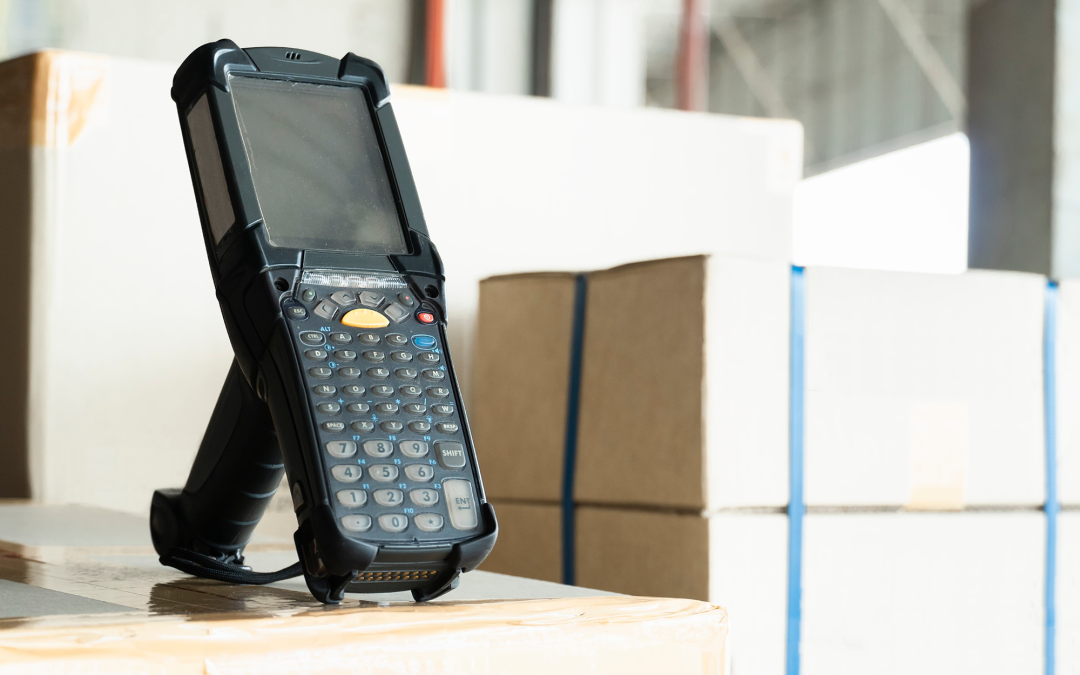In today’s fast-paced logistics landscape, third-party logistics (3PL) providers are increasingly turning to mobile computing solutions to streamline operations and enhance efficiency. From handheld scanners to tablet-based warehouse management systems, these technologies are revolutionizing how 3PL warehouses operate. Let’s explore the key advantages that mobile computing brings to modern warehousing and distribution operations.
Real-Time Inventory Management
One of the most significant benefits of mobile computing in 3PL warehousing is the ability to manage inventory in real-time. Workers equipped with mobile devices can:
Instantly update inventory levels as items are received or shipped
Track product movement throughout the warehouse
Perform cycle counts without disrupting operations
Identify and resolve discrepancies immediately
Access accurate stock levels from anywhere in the facility
This real-time capability drastically reduces errors and eliminates the lag time associated with traditional paper-based systems.
Enhanced Picking Efficiency
Mobile computers have transformed the picking process, leading to:
Optimized picking routes through GPS and location-based services
Reduced walking time and improved productivity
Immediate verification of picked items through barcode scanning
Dynamic updates to picking lists based on priority changes
Reduced error rates through automated verification
Studies have shown that implementing mobile picking solutions can improve productivity by up to 25% while reducing errors by as much as 67%.
Improved Labor Management
Mobile computing provides unprecedented visibility into workforce performance:
Real-time tracking of worker productivity
Immediate feedback on task completion
Dynamic task assignment based on location and workload
Automated time and attendance tracking
Performance metrics for individual workers and teams
This enhanced visibility enables managers to make data-driven decisions about staffing and training needs.
Better Customer Service
3PL providers can significantly improve their customer service through mobile computing:
Instant access to order status and inventory levels
Real-time updates to customers about shipment progress
Faster response to customer inquiries
Digital proof of delivery
Automated notifications for exceptions or delays
These capabilities help 3PLs maintain transparency and build trust with their clients.
Cost Reduction
The implementation of mobile computing solutions leads to substantial cost savings through:
Reduced paper usage and associated costs
Decreased labor costs through improved efficiency
Lower inventory carrying costs through better stock management
Reduced error-related expenses
Minimized overtime through better workforce planning
Enhanced Safety and Compliance
Mobile computing contributes to a safer workplace by:
Providing immediate access to safety procedures and protocols
Enabling digital completion of safety checklists
Supporting automated monitoring of equipment maintenance schedules
Facilitating quick reporting of safety incidents
Ensuring compliance with regulatory requirements
Integration with Warehouse Management Systems
Modern mobile computing solutions seamlessly integrate with existing warehouse management systems (WMS) to:
Provide real-time data synchronization
Enable paperless workflows
Support automated decision-making
Facilitate system-wide visibility
Enable predictive analytics and reporting
Future-Proofing Operations
Investing in mobile computing helps 3PLs prepare for the future by:
Supporting scalability as operations grow
Enabling easy adoption of new technologies
Providing flexibility to meet changing customer demands
Supporting integration with emerging IoT solutions
Facilitating data collection for artificial intelligence and machine learning initiatives
Implementation Considerations
While the benefits are clear, successful implementation requires:
Careful selection of hardware and software solutions
Robust wireless infrastructure
Comprehensive staff training
Clear procedures and protocols
Regular maintenance and updates
Conclusion
Mobile computing has become an essential tool for 3PL warehousing and distribution operations. The advantages extend beyond mere efficiency gains to create a more agile, responsive, and competitive operation. As technology continues to evolve, organizations that embrace mobile computing solutions will be better positioned to meet the growing demands of the logistics industry while maintaining a competitive edge in the market.
For 3PL providers looking to stay ahead in an increasingly competitive landscape, implementing mobile computing solutions is no longer optional—it’s a strategic necessity that drives operational excellence and customer satisfaction.

